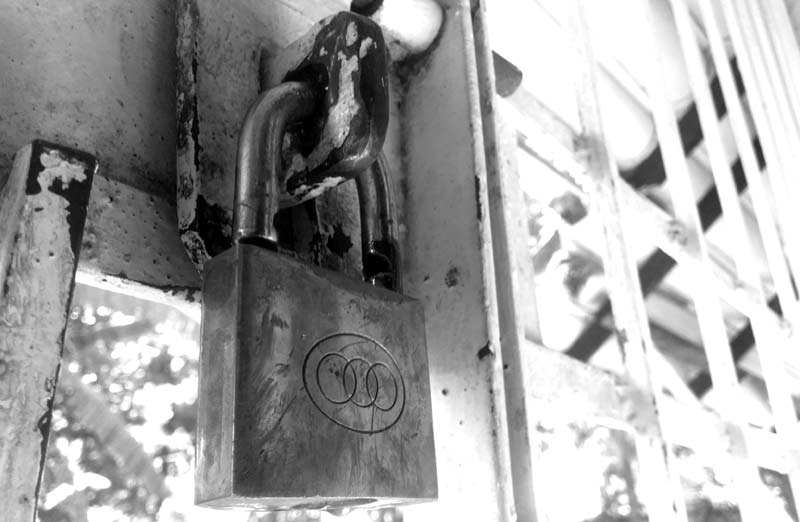After US government officials, NSA and FBI warned consumers to desist from purchasing devices from Huawei and ZTE, you might have been interested in purchasing or already owning a device from either and now you are unsure if you should…
‘Do not be afraid…’
Here is why you should go ahead and buy that Huawei or ZTE and not look over your shoulder whilst using it.
Firstly, Huawei is still dominant in Europe which would not be the case if they were suspected of any security vulnerabilities. Huawei is actually the third biggest smartphone seller in Western Europe, with a market share of 13.5%. Samsung and Apple are the only brands that ship more than Huawei which I don’t think would be the case if European regulators had concerns about either OEM’s security.
At the time of writing, there’s yet to be an actual exploit found in Huawei or ZTE devices. This is why they can’t be outright banned in the US. Security agents just recommended that users desist from buying these devices but the security experts are yet to actually identify any incriminating evidence that they can point to.
There’s not a phone in the world today that doesn’t use at least some Chinese-made components. So if espionage interference is what the US is afraid of why not consider the fact that the devices sourcing other components from China could be vulnerable. This would mean Samsung and Apple would also be risky. For example, Apple’s fingerprint sensor, battery and main chassis in the iPhone 5s and 6 were sourced from China. Likewise with some Samsung parts as well. Why aren’t these devices being considered as vulnerable as well?
A direct subsidiary of Huawei, Honor is allowed to operate freely in the states. Why are these Honor phones not going through surveillance and easily being sold yet their parent company makes the ‘unsafe’ Huawei devices. Allowing Honor to operate goes to show American firms don’t want Huawei to make ground in America. Honor makes midrange phones that can’t compete with Samsung Galaxy S, Note series and Apple devices. The Huawei flagships P10 and Mate series can, however, compete with these devices. These are the very same devices having a hard time entering the US market.
US regulators are actually quiet about the OnePlus, a smartphone maker that has been exposed for privacy breaches time and time and time again. Why are they quiet about these incidents that have evidence but warning against Huawei which has no history of privacy invasion.
In the unlikely scenario that Huawei and ZTE are actually spying on users, I doubt they would be targeting ordinary users in Zimbabwe. They would probably target government officials and more influential citizens. I don’t know if that makes it better but I guess I certainly sleep better knowing that I’m unlikely to be a target for espionage.
This is why I think this might be more about business than security. With the FBI and NSA’s influence and the general paranoia surrounding security, it can be very easy to steer consumers towards or away from a product by branding it unsafe.
Lenovo acquired Motorola an American brand but it is still allowed to sell Motorola phones. In fact, they actually hold 4.1% of the smartphone shipments in the last 3 months of 2017 in the USA. How does the USA know that these devices are not vulnerable?
Anyway, if you own a ZTE and Huawei device, rest easy knowing that your phone is just as secure as most other devices, or as vulnerable depending on what you think about surveillance. Personally, I don’t think it’s a big deal so if I was considering buying a smartphone Huawei and ZTE would not be disqualified because of security.
